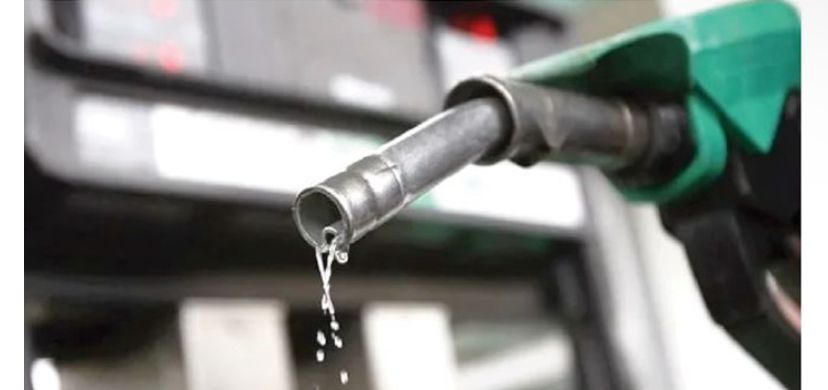Petrol Prices Dip as Six Depots Slash Rates Amid Rising Market Competition…The downstream sector of Nigeria’s petroleum industry is undergoing a significant shake-up as growing competition among private depots forces a reduction in petrol prices across several regions.
At least six major fuel depots have cut their ex-depot prices in response to intensified rivalry and changing dynamics in the oil distribution landscape.
In Lagos, Wosbab Depot has adjusted its price downward from ₦947 to ₦930 per litre, while Rain Oil has similarly lowered its rate to ₦935 per litre.
In Warri, Matrix and AYM Shafa depots have both reduced their prices to ₦960 per litre.
Meanwhile, in Calabar, Zone 4 Depot brought its price down by ₦8, now selling at ₦950 per litre. Alkanes and Northwest depots have also responded to the competitive pressure, fixing their rates at ₦949 and ₦950 respectively.
Industry watchers say this wave of price reductions is largely triggered by the influence of Dangote Refinery, which has recently entered the market with competitive offerings and significant production capacity.
The refinery’s entrance is changing the dynamics of the downstream sector by offering products at lower prices, pushing traditional players to follow suit or risk losing market share.
The Independent Petroleum Marketers Association of Nigeria (IPMAN) confirmed that increased competition between Dangote Refinery and the Nigerian National Petroleum Company Limited (NNPCL) is a major factor behind the recent price cuts.
According to Chief Chinedu Ukadike, the association’s Public Relations Officer, this market-driven adjustment is gradually filtering down to the retail level, and consumers could see more favorable pump prices if the trend continues.
Ukadike explained that the new pricing trend demonstrates how healthy competition in the sector can benefit end users.
He noted that for a long time, prices were relatively rigid due to limited supply sources, but the arrival of a new, domestically based refinery with substantial output has upended that pattern.
Dangote Refinery’s entry has introduced a more aggressive pricing strategy, compelling other depots to lower their prices to remain viable in an increasingly liberalized market.
However, the shift is not without its complications. Many marketers who purchased fuel at the older, higher prices are now selling their stock at reduced rates, resulting in financial losses.
A depot operator in Lagos, who requested anonymity, voiced concerns about the unsustainable gap between purchase and selling prices, noting that some marketers are operating at a loss just to stay afloat in the highly competitive environment.
He added that while competition is good for the market in the long run, it poses immediate challenges for those who stocked up at peak prices.
“There’s no mechanism for cost recovery in cases like this, so those who bought at ₦960 or more and now have to sell at ₦930 are bleeding money,” he said.
This scenario underscores the volatility in the downstream sector, where market forces are increasingly influencing pricing decisions.
Analysts have observed that the transition to a more deregulated market structure is still ongoing, and players will need to adapt swiftly to avoid being edged out.
Meanwhile, the current trend could spell relief for consumers if the reduced depot prices are passed on to them at filling stations.
READ MORE: Lagos Police Assure Residents of Tight Security Measures for Eid-el-Kabir Celebrations
Some fuel stations have already started reflecting the drop in their pump prices, though the full impact may take a little longer to materialize depending on how quickly retailers exhaust older, higher-priced stock.
As competition continues to shape the future of fuel distribution in Nigeria, stakeholders are calling on regulatory agencies to closely monitor pricing practices, ensure transparency, and protect consumers from potential exploitation.
They also urge the government to support operators facing temporary losses due to sudden price fluctuations in a liberalizing market.
READ MORE: Lagos Police Assure Residents of Tight Security Measures for Eid-el-Kabir Celebrations
In the coming weeks, the direction of pump prices will depend on the consistency of supply, the pricing strategies of key players like Dangote and NNPCL, and the broader economic conditions affecting distribution and logistics.
For now, Nigerians can cautiously expect some relief at the pump as competition reshapes the downstream oil sector.




